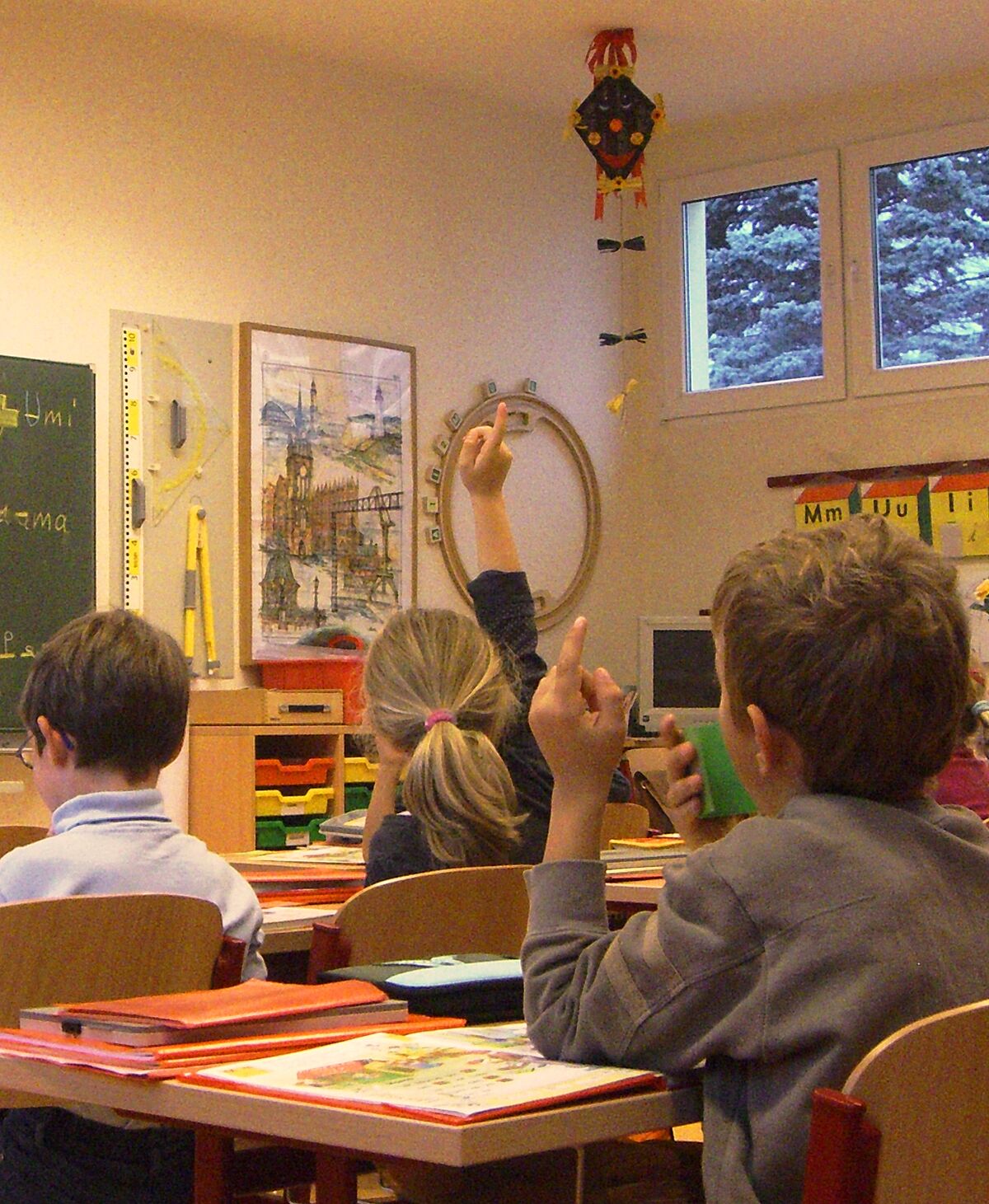Dear visitors,
We are delighted to introduce to you the Rügen Inclusion Model (RIM). On this page, we provide information about RIM, which has allowed all school children since 2010 to be taught together at public elementary schools on the Isle of Rügen in Mecklenburg-Pomerania/ Germany.
Please notice: Our English homepage is still in progress, so we apologize for any missing content. But we are constantly working on the editing to be able to present all the important information to everyone.
A Short Introduction to RIM

The Department of Special Education and Rehabilitation at the University of Rostock developed a concept to prevent learning and development disabilities and integrate children who already show problems in their speech, their learning progress as well as their emotional and social behaviour - the Rügen Inclusion Model (RIM). Since 2010, this concept has been implemented at elementary schools on the Isle of Rügen in cooperation with local elementary schools, local special education schools as well as the Educational Authority in Greifswald and the Ministry of Education Mecklenburg-Pomerania.
At present, all school children on Rügen are learning together - no student is being taught in a special education class for any of the above mentioned disabilities. A scientific team of pedagogues from the University of Rostock monitors the project, verifies its successful implementation and examines how students with poor learning outcomes develop within a new learning environment. In order to do so, the learning progress of children that are taught in inclusive classes on Rügen is compared with the progress of those taught in regular classes at schools in the city of Stralsund. Furthermore, it will be investigated whether such an integrative educational framework provides successful learning conditions for every school child.
Our concept is based on the US-American Response-to-Intervention approach (RTI), which closely combines educational prevention and integration. This concept aims at answering the following questions: How can a successful and integrative education of every school child be realized, with special consideration of those students that show development risks? Which lesson materials, special education materials and learning techniques are not only suitable for the commonly capable children but also for students that need even more support in order to successfully face the demands at schools? How can a productive cooperation between teachers of regular schools and those of special education schools be organized?
This project is the first attempt in Germany to implement a comprehensive concept based on the RTI approach over a wide area. The attempt is still in its test period. If it proves to be successful, RIM would be a further step towards inclusion in which elements of inclusive education, development-oriented elementary and special education as well as empirical-based special education are combined.
On this homepage, we introduce the →general RTI approach and its →specific realization in RIM for each subject and development area. As you will see, a →multi-level prevention system, →evidence-based practice and →pedagogical diagnostics as well as a learning progress documentation on the basis of →curriculum-based measurements (CBM) are essential components that will be defined.
In case that you want to learn more about our concept and how it can be successfully implememted at schools, we provide a considerable collection of materials with the most important information.
Finally, you can find definitions of essential key terms in the →glossary.
